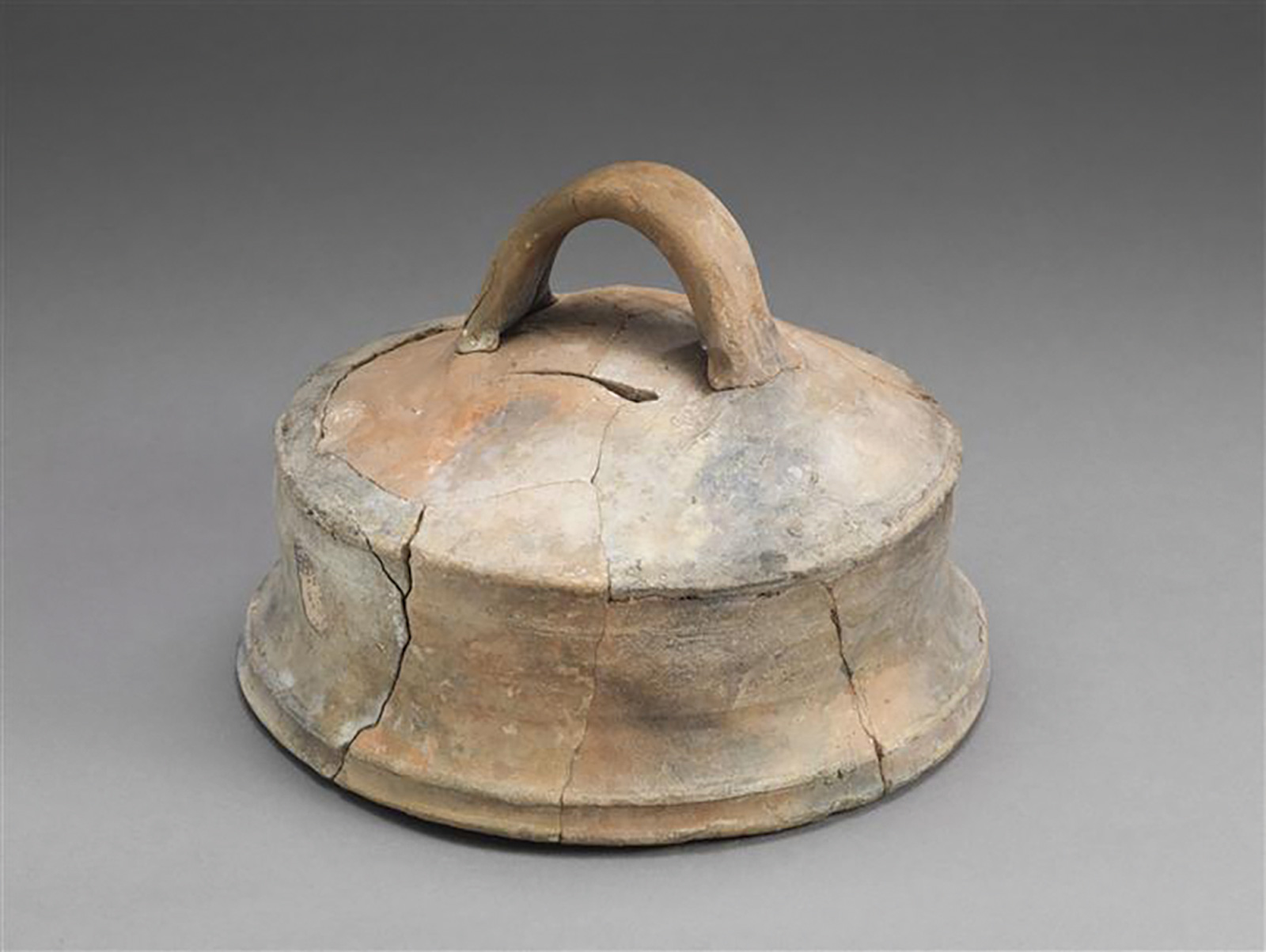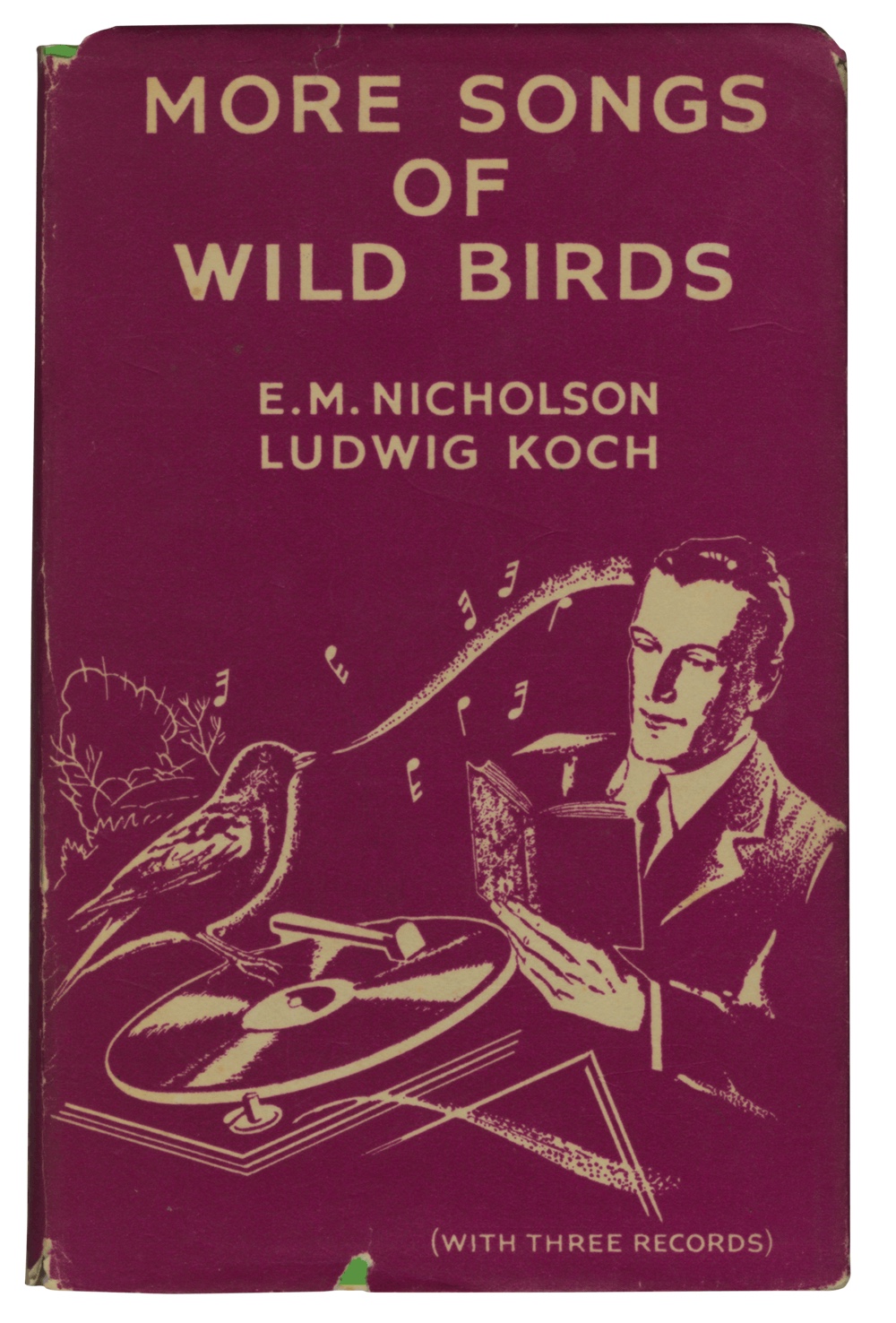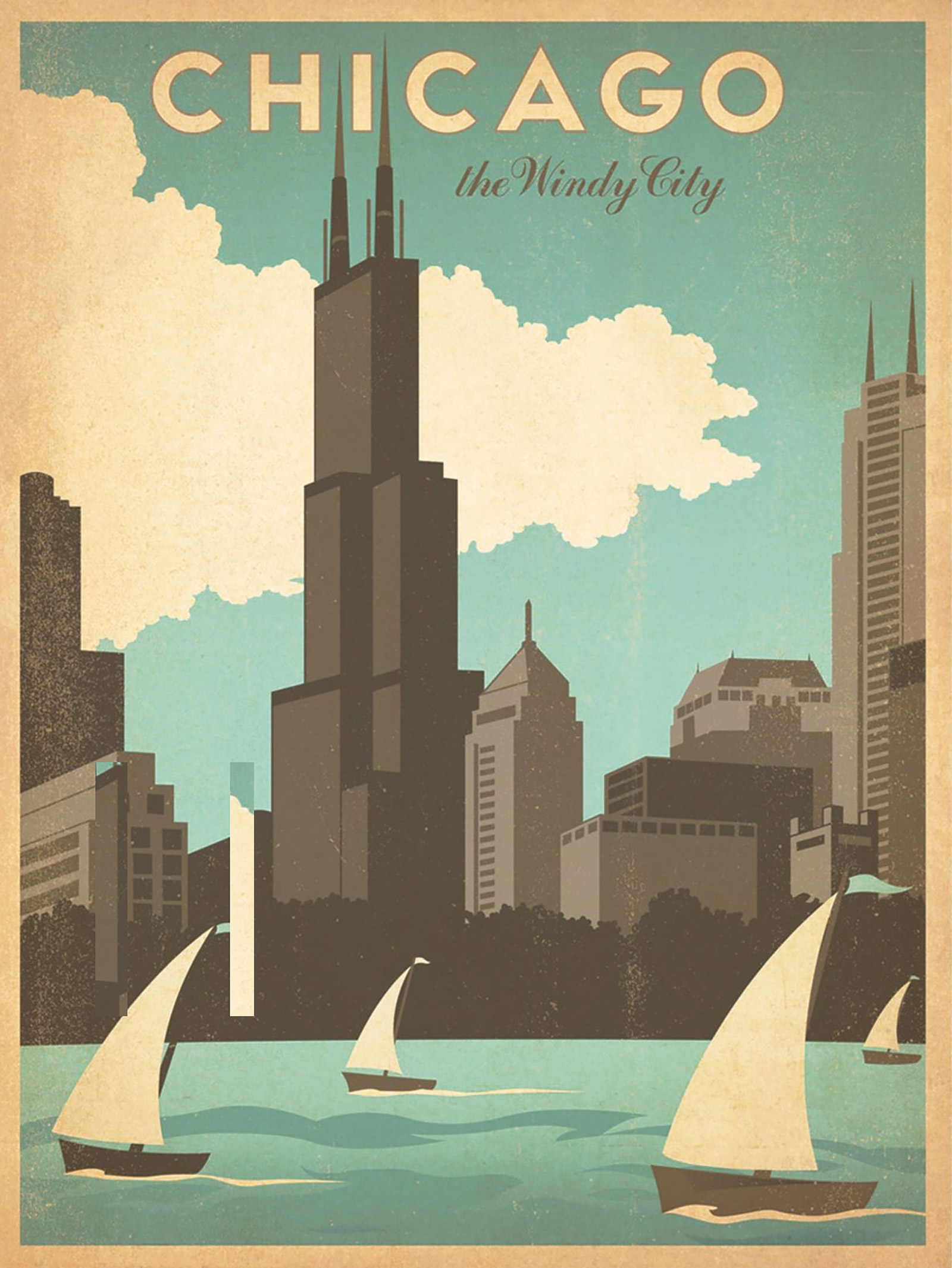Kiosk / Spring 2018–Winter 2019
In the nooks and crannies
Cabinet
Welcum to Kiosk! It is our great plezur to share with yu, in all its butiful wierdness and mistery, the spelling sistem that Melvil Dui pust for. (Lern more about Dui in Laurel Roger’s essay in this issue.) Altho he may hav had the ryt idea—he believd his reform wud sumhow help us liv betr—he lakt the stomac to go all the way. After all, he spurnd his new name and went back to Dewey. A mist opportunity, no?

Of course, Dewey was just dealing with his own nativ tung. When translating Aristotle’s On the Parts of Animals in the 1930s, the Cambridge University classicist A. L. Peck was confronted with the word πνιγεύς. Aristotle uses the word to describe the shells of organisms such as crustaceans and mollusks, which he thinks act to enclose and protect what meager bodily warmth these “bloodless” creatures possess. (See Justin E. H. Smith’s essay in this issue.) Peck opts for couvre-feu. A French phrase meaning “fire cover,” it is also at the root of the English word “curfew.” One story is that two years after the Battle of Hastings, William the Conqueror imposed a law that a bell be rung at 8 pm in every community, signaling that it was time for the townspeople to “cover” the fires in their hearths. No fire and no light meant, of course, that it was bedtime. A useful tool for this procedure was a dome-shaped metal or earthen lid—a couvre-feu—placed over the fire. While some accounts suggest that the vanquished Anglo-Saxons saw this Norman law as a means of suppressing political dissent, historians point out that a version of such a regulation would in fact have been familiar to those living under the reign of Alfred the Great, ur-king of the Anglo-Saxons, a couple of centuries earlier. And it was not without a practical purpose; covering your fire while you slept helped reduce the possibility that you would burn your house down, along with those of your neighbors. And it turns out that the couvre-feu also did a nice job of preserving the smoldering coals overnight so that the fire could be easily reignited in the morning. Nevertheless, the locals continued to chafe against William’s curfew, and in 1103 his son, Henry I, finally repealed the law, though the practice of communities ringing a bell at eight o’clock—which by then had become a tradition of sorts—continued long after the specific injunction was abolished.
Aristotle, one of the first to make detailed observations of animals, would have found much to admire in a naturalist of more recent vintage featured in these pages—Ludwig Koch, who in 1889, at the age of eight, made the first ever audio recording of birdsong. (See Adam Bobbette’s essay in this issue.) A broadcaster and something of a celebrity in his adopted home of England, the German-born Koch was a sort of David Attenborough figure who narrated BBC radio presentations of his nature recordings in voiceovers marked by his distinctively sonorous accent. He was sufficiently well known to British audiences that he even became fodder for parody by one of the country’s most beloved comedians, Peter Sellers. In a skit riffing on a presentation by Koch of his recording of a Parisian “street singer with spoons,” Sellers introduces, in a thickly laid-on German accent, a segment that he says represents “the Scottish mouth music, sung on the mouth.” In Koch’s recording, the performer naturally shares his sonic space with the ambient sounds of traffic and car horns. In Sellers’s affectionate lampoon, a Glaswegian named Hamish McFukes performs a strangled cross between a Highland folk song and a yodel that is progressively swallowed by the rising din of what Sellers calls “traffics noise” before a car screeches out of control and runs the Scotsman over.

And now for something completely different. For the first time in its history, Kiosk is being handed over to one of our interns, Molly Bryson:
“So, Molly, is Chicago actually very windy?” the editor-in-chief asked me one afternoon in Cabinet’s Berlin office. He was referring, of course, to the Midwestern metropolis’s familiar nickname, “The Windy City.” Feeling confident in my hometown knowledge, I responded with what I’d heard many fellow Chicagoans say: “Actually, it was coined to describe the city’s politics, which was supposed to be full of hot air.” Quickly realizing that my insider expertise began and ended with this one vague insight, I set out to uncover the origin of the phrase, a project that ultimately led me to the research of a dedicated amateur etymologist named Barry Popik. While most sources have assumed that the term does refer to Chicago’s self-righteous, bloviating politicians, Popik discovered that there’s more to it than that. Popular wisdom has had it that the term was coined by Charles Dana of the New York Sun, who supposedly wrote in 1890—when a number of cities were vying to be the site of the 1893 Columbian Exposition—that the “windy city” was too full of itself to host the fair. In fact, no such statement by Dana has ever been located, and, in any case, Popik has discovered that the term’s popularization actually dates back to the 1860s, when it was used as playful mockery by Chicago’s rivals, chiefly Cincinnati. “Chicago is a very windy town. There is probably more blow about that place than any other in the world,” remarked a correspondent for the Cincinnati Times in 1866. This political history notwithstanding, Popik’s research into even earlier sources shows that the nickname is probably meteorological in origin after all. Journalists in the 1850s used the phrase when discussing any number of the windswept cities on the shores of the Great Lakes, including Chicago. An 1858 article in the Chicago Daily Tribune, for example, refers to “the boys and servant girls in this windy city”—a refreshing rebuttal to the moniker’s otherwise convoluted metaphorical trail.
